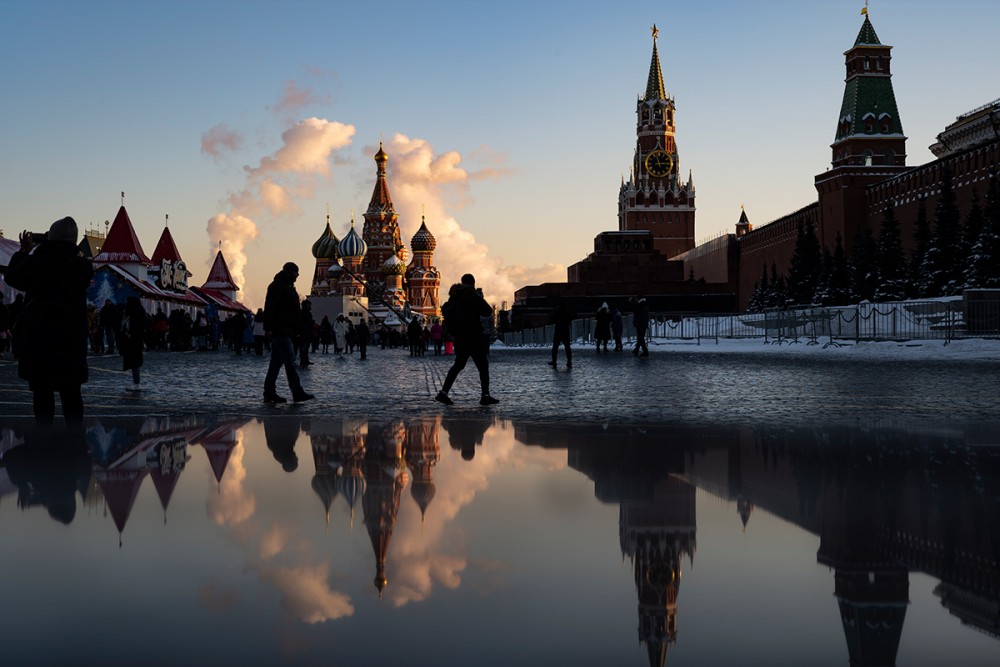Talking to my Russian friends about Ukraine
I had close friendships in Russia. Then Putin went to war.

For 20 years, I, an American Protestant theologian, have worked hard to understand Russians and their point of view. I have spent a total of more than three years living in Russia, both in large cities and in provincial towns. I have wanted to understand what Christianity means to Russians today, and why the Orthodox Church has become so prominent again.
The invasion of Ukraine left me shocked and speechless. I could not comprehend an act of aggression that would result in massive destruction and death, and I wondered what I could now say to my friends—these wonderful people who have cared for me, welcomed me into their homes, and nevertheless either support their government’s actions or refuse to speak out against them.
Gradually, since the invasion, I have found my voice again. At a time when many Americans call for breaking off all relations with Russia, I believe that just staying in touch has become my Christian duty. I want to be someone who moves between the fronts, waiting to see how God is bringing about new possibilities for Russian, Ukrainian, and American Christians to work for a just peace.




